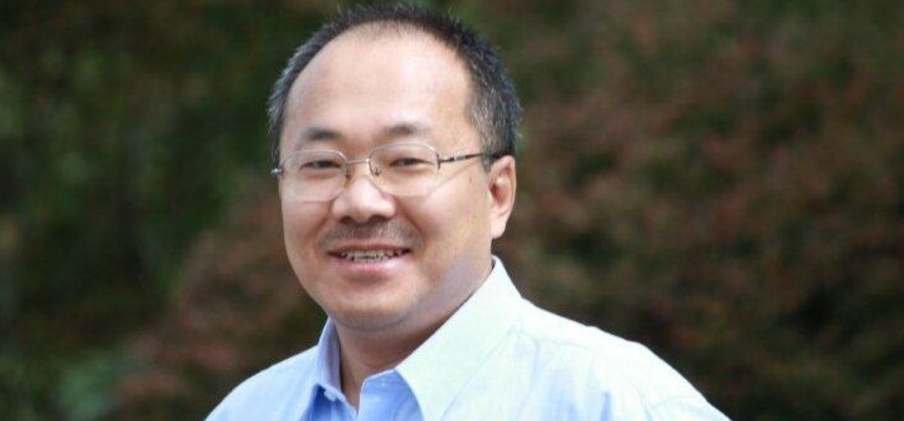- Dong Yuyu, a 62-year-old former Chinese journalist, was sentenced to seven years for espionage.
- Arrested in 2022 while meeting a Japanese diplomat, sparking diplomatic tensions.
- Rights groups and advocates criticize the verdict, calling for his release.
- Dong, known for his reformist views, has had a long career in journalism and academia.
Dong Yuyu, a respected former journalist with China’s Guangming Daily, has been sentenced to seven years in prison on espionage charges. His arrest and conviction have raised global concerns, with rights groups decrying the judgment as a clampdown on press freedom and open engagement.
Dong was arrested in February 2022 while having lunch with a Japanese diplomat in Beijing, just after the Winter Olympics ended. While the diplomat was released hours later, Dong remained detained. The Chinese court claimed that two other Japanese diplomats he had met were part of an “espionage organization,” fueling diplomatic tensions between China and Japan.
Dong’s family and human rights advocates have condemned the charges. In a statement, his family called the court’s decision an injustice and accused the Chinese government of targeting freethinking journalists. Advocacy groups, including the Committee to Protect Journalists, have also urged Chinese authorities to reverse the verdict and release Dong.
Dong’s journalistic career was marked by reformist views. A graduate of Peking University’s law school, he joined the Guangming Daily in 1987 and rose to become deputy head of its editorial department. His involvement in the 1989 Tiananmen Square protests led to a sentence of hard labor, but he later resumed his career at the newspaper.
Dong’s work extended internationally; he was a Nieman fellow at Harvard University in 2007 and contributed to publications such as The New York Times. His openness to foreign interactions, once seen as a strength, now forms the basis of the espionage charges against him.
Dong Yuyu’s sentencing has sparked debates about press freedom and the increasing restrictions faced by journalists in China. Advocates continue to demand his release, emphasizing the need for a free press and open engagement in fostering a progressive society.







